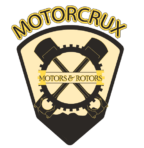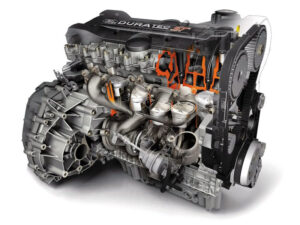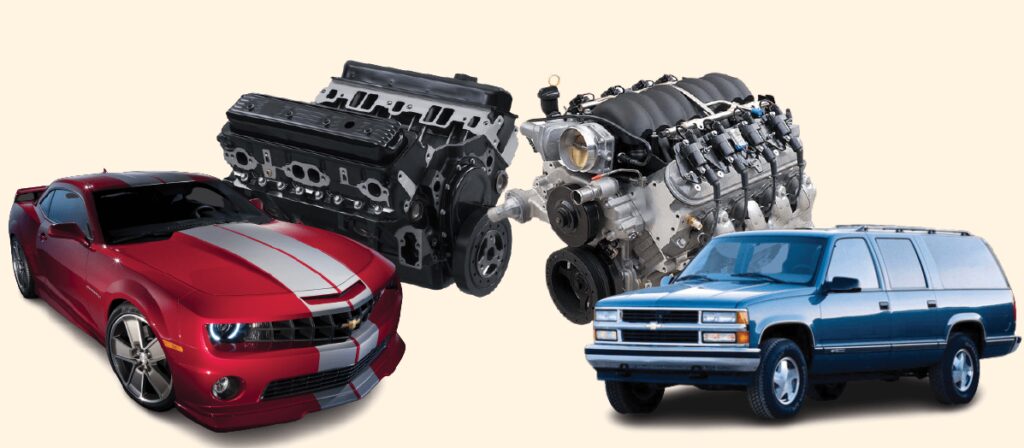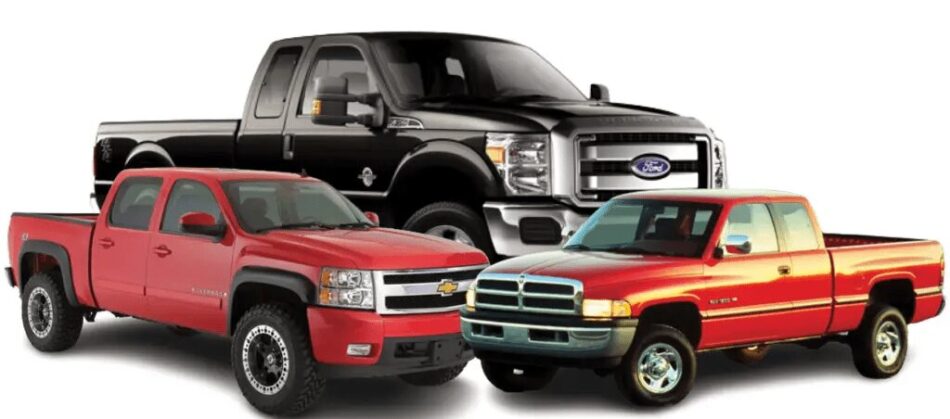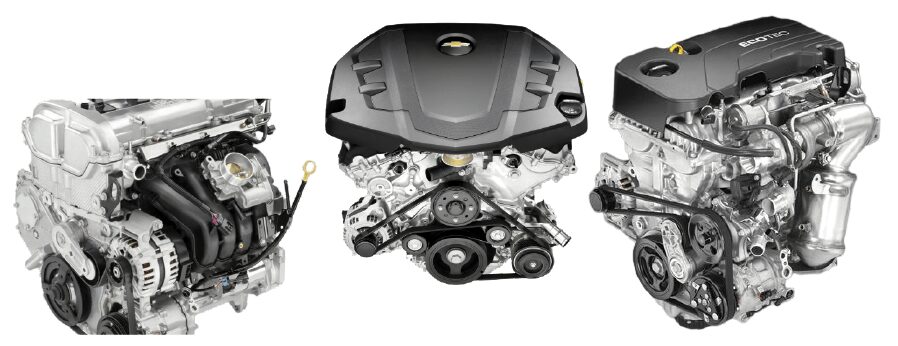
Worst Chevy Engines : 4 of the worst Chevy motors
Chevrolet has undoubtedly established itself as a leading automaker, particularly in the American market.
Even though Chevy is renowned for making some of the most dependable and long-lasting engines on the market, a couple of its engines haven’t quite lived up to the mark.
This article explores the worst Chevy engines.
These engines have a reputation for being some of the worst in Chevy’s history due to subpar design, manufacturing flaws, or other problems.
Throughout its more than a century-long existence, the Chevy brand has created some of the most recognizable and adored automobiles ever.
Chevy has seen its fair share of success throughout the years, from the iconic Corvette to the Camaro, the Impala, and the Suburban.
But as with any success, there have also been mistakes and errors, and the same is true with the worst Chevy engines.
So, which one is the worst chevy engine ever made?
Worst Chevy Engines - Ecotec 1.4
In 2008, the 1.4 L turbo engine’s third generation was released. These engines have an aluminum cylinder head on a lightweight cast-iron, semi-closed deck engine block. Chain-driven hollow cast dual overhead camshafts (DOHC) with four valves per cylinder make up the valvetrain.
Thanks to its excellent power output and fuel efficiency, this small engine has been drawing attention since it was first introduced. But how dependable is this engine? Let’s get started and find out.
Performance of the Engine
The Chevy Ecotec 1.4 turbocharged engine delivers outstanding performance, especially given its compact size. This engine produces 138 horsepower and 148 pound-feet of torque.
The Ecotec 1.4 turbocharged benefits from modern direct injection technology in addition to turbocharging technology.
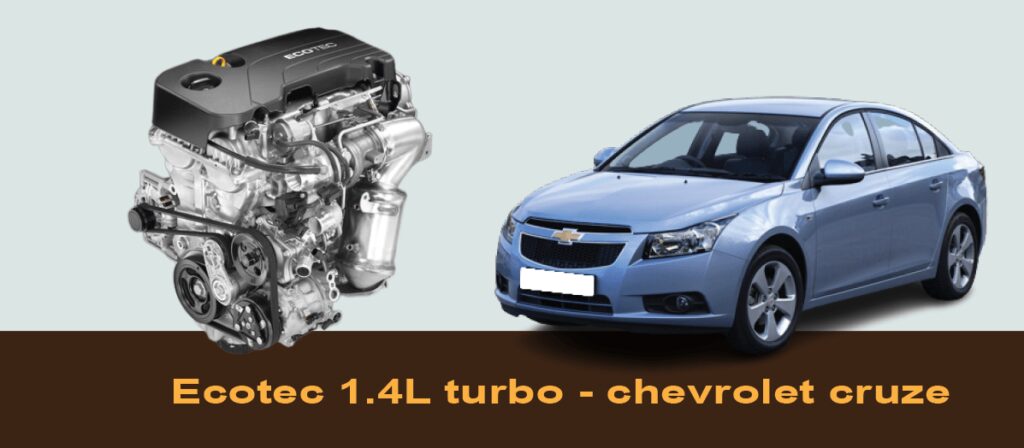
What are common Ecotec engine problems?
This engine was designed for a low-cost vehicle, so problems are unavoidable. Because it is a little engine, the engine bay is a tight fit, and the cooling is not ideal.
This puts a load on the total cooling system, including the water pump, which fails more frequently. Overheating usually causes the turbo to fail as well.
High oil consumption due to faulty piston rings that fail at 50,000 miles or more. This results in excessive oil consumption, therefore, it is recommended that the oil levels be checked regularly.
The plastic intake manifold is a common point of failure, especially when cracks form. If not resolved, this will have an impact on normal engine performance.
What is the lifespan of an Ecotec?
Even though this engine is anticipated to last for 200,000 miles, that comes with a large repair and maintenance budget.
Without a doubt, there are a dozen parts that need to be replaced, which is regrettably not a sign of an engine that’s reliability.
Worst Chevy Engines - Ecotec 2.2liter
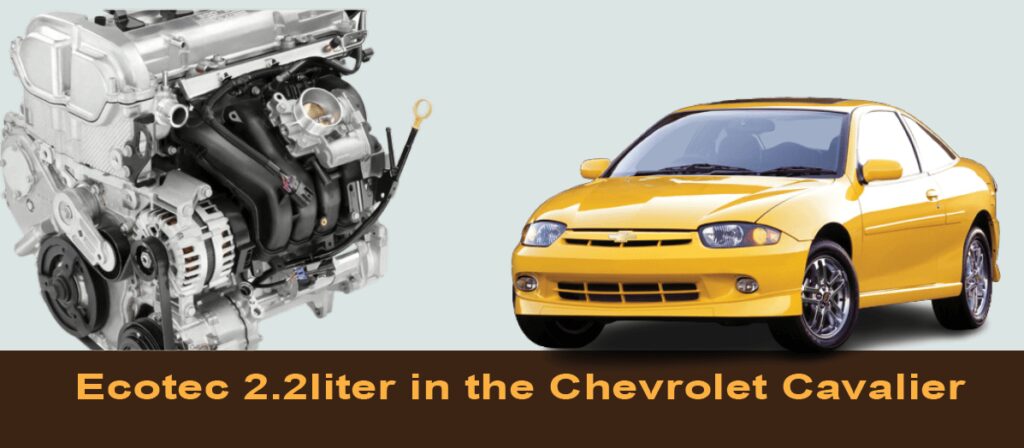
This engine was released in early 2000, with numerous enhancements over the previous iteration. The water-pump housing was cast into the block, and the A/C compressor and alternator were directly placed into the block without the use of brackets.
Dubbed the L61, this engine can be found underneath the hoods of Chevys such as the Cavalier.
With 155 horsepower and 150 lb-ft of torque, this 4-cylinder engine packs a powerful punch.
The lightweight aluminum block and cylinder head at the core of the engine is a calculated weight reduction for increased performance and greater fuel economy.
The engine also has a dual overhead camshaft arrangement, which improves performance by enabling precise control over the engine’s valves.
But there are problems, and the timing chain is the biggest culprit.
Reliability of the Chevy Ecotec 2.2liter
Timing chain tensioners faced significant challenges as a result of the overhead engine architecture and the blocked oil delivery.
The timing system collapsed on the 2.2 Ecotec 2000–2004 models as a result of the tensioners’ catastrophic failure.
Additional issues with this engine were oil leakage.
The head gasket, oil pan gasket, primary seals, intake manifold gasket, and valve cover gasket were the main sources of the leaks.
The leaks were caused by wear and tear, but they could also have been caused by poor material quality.
The only solution involves replacing the gaskets, which requires additional maintenance costs. This engine should be avoided.
Cars using the Chevy Ecotec 2.2liter
The Chevy Ecotec 2.2liter powers the following vehicles:
- Chevrolet Cavalier
- Chevrolet Classic
- Chevrolet Malibu
Worst Chevy Engines - 3.6 v6 engine
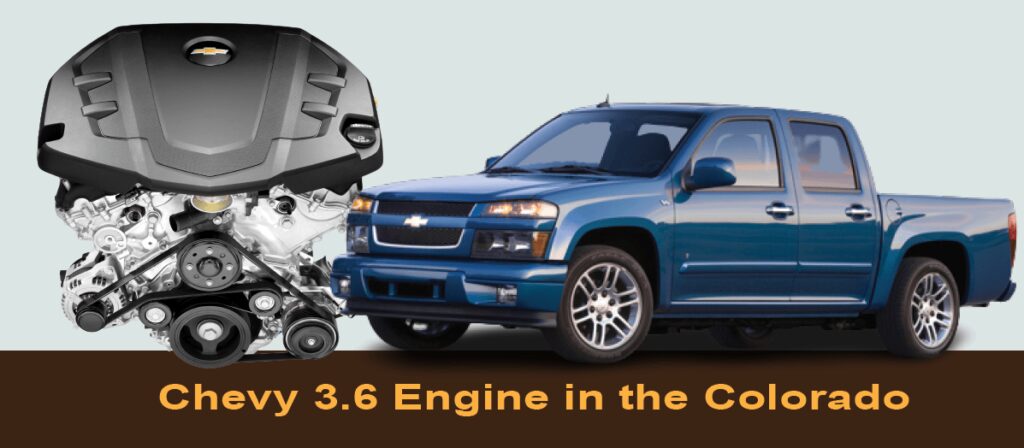
For many years, Chevrolet’s 3.6 V6 engine has been a fixture in their lineup, powering anything from cars to SUVs.
This is a six-cylinder engine that produces up to 308 horsepower and 275 pound-feet of torque.
It boasts a DOHC (double overhead camshaft) construction with variable valve timing to improve economy and power delivery. The engine also has direct injection technology for improved efficiency and performance.
The versatility of the 3.6 V6 is one of its main benefits. Multiple vehicles, including the Chevy Colorado, Equinox, Traverse, and Camaro, among others, utilize this engine.
Other GM vehicles, such as the Cadillac ATS and CTS, have also used it. This implies that you have a wide range of possibilities if you’re looking for a Chevy vehicle with a 3.6 V6.
Unfortunately, this engine is awful despite its broad application.
Common Chevy 3.6 Engine Problems to Look Out For
The 3.6 V6’s timing chain has the potential to be a problem. Because of the timing chain straining or breaking, the engine is harmed or entirely malfunctions.
If you notice any of the following symptoms, your engine’s timing chain may be about to fail:
- The oil contains metal shavings.
- The engine is making a ticking noise.
- There will be more smoke and strange smells than usual.
- The Check Engine Light (CEL) is activated.
- While idle, the engine rattles.
- The front of the motor will have an oil leak.
These engines have an issue with oil consumption as well. Drivers must constantly have an additional quart or two of oil in the trunk due to the high oil consumption.
If not, the low oil levels can simply come as a surprise and cause extra issues.
The V6 engine’s poor fuel efficiency is frustrating, to put it mildly, considering V8 engines can achieve higher figures.
On the highway, certain models, like the Chevy Camaro, may get up to 30 miles per gallon, while others, like the Chevy Colorado, might only manage 20.
This could be the worst Chevy motor ever on the list. For context, you could potentially spend between $5,000 and $10,000 on repairs.
Cars using the Chevy 3.6 Engine
The Chevy 3.6 Engine is found in some of the GM lineup’s best-selling automobiles.
They include:
- Chevy Acadia
- Chevy Transverse
- Chevy Equinox
- Chevy Blazer
- Chevrolet Suburban
Worst Chevy Engines - 6.5L Diesel Engine
In 1992, the Chevy 6.5L diesel engine was launched to take the place of the previous 6.2L engine.
It was produced up until 2001 when the Duramax engine took its place. The Chevy Silverado, GMC Sierra, Hummer H1, and other vehicles that were produced at the time used the engine.
This V8 engine with a displacement of 6.5 liters (395 cubic inches) has an intercooler and turbocharged design. The design help to increase its efficiency and power output.
The engine is a potent choice for heavy-duty applications, with a maximum output of 215 horsepower and 440 lb-ft of torque.
Are 6.5 diesels good on fuel?
One of the main disadvantages of the Chevy 6.5L diesel engine is its poor fuel economy.
It is less efficient than newer diesel engines and may be more expensive to run over time.
Furthermore, complaints of faulty fuel injection systems in the 6.5 engines have harmed the brand’s reputation regarding reliability.
Fuel injector problems in the Chevy 6.5 are prevalent, and they can cause poor performance and even engine failure.
There have also been issues with the engine’s cooling system, which can lead to overheating and engine damage.
Finally, the Chevy 6.5L diesel engine’s reliability will be determined by several elements, including how it is used, how well it is maintained, and the engine’s model and year.
Chevy Engine Sizes: Frequently Asked Questions
What are the advantages of smaller Chevy engine?
Smaller Chevy engines, like the 1.5L Turbocharged engine, provide improved fuel efficiency, making them excellent for daily commuting and lengthy excursions.
Which Chevy engine is best for towing heavy loads?
The 2.7L Turbocharged engine and the 5.3L V8 engine are good choices for heavy-duty hauling, delivering the power and torque needed to carry large loads.
Can I upgrade my Chevy engine?
While changing the engine size of a factory-built car is not possible, several aftermarket modifications can improve the performance of your existing engine.
Are larger engines always better?
The size of the engine is determined by your unique needs. Larger engine sizes, such as the 5.3L V8, provide more power and towing capacity but may use more fuel.
is the 5.4 triton worst engine ever made?
With so many issues, this could be a dreadful engine to own. Find out why in this article worst pickup truck engines.
Wrapping up
That’s all there is to it, guys! The worst Chevy engines, according to us. While some of these engines may have had their share of problems.
Whether you’re a die-hard Chevy fan or simply a casual observer, there’s no disputing the impact these engines have had on the automotive industry.
More articles on car engines
